Chemical Process Control Tutor - Chemical Process Tutor
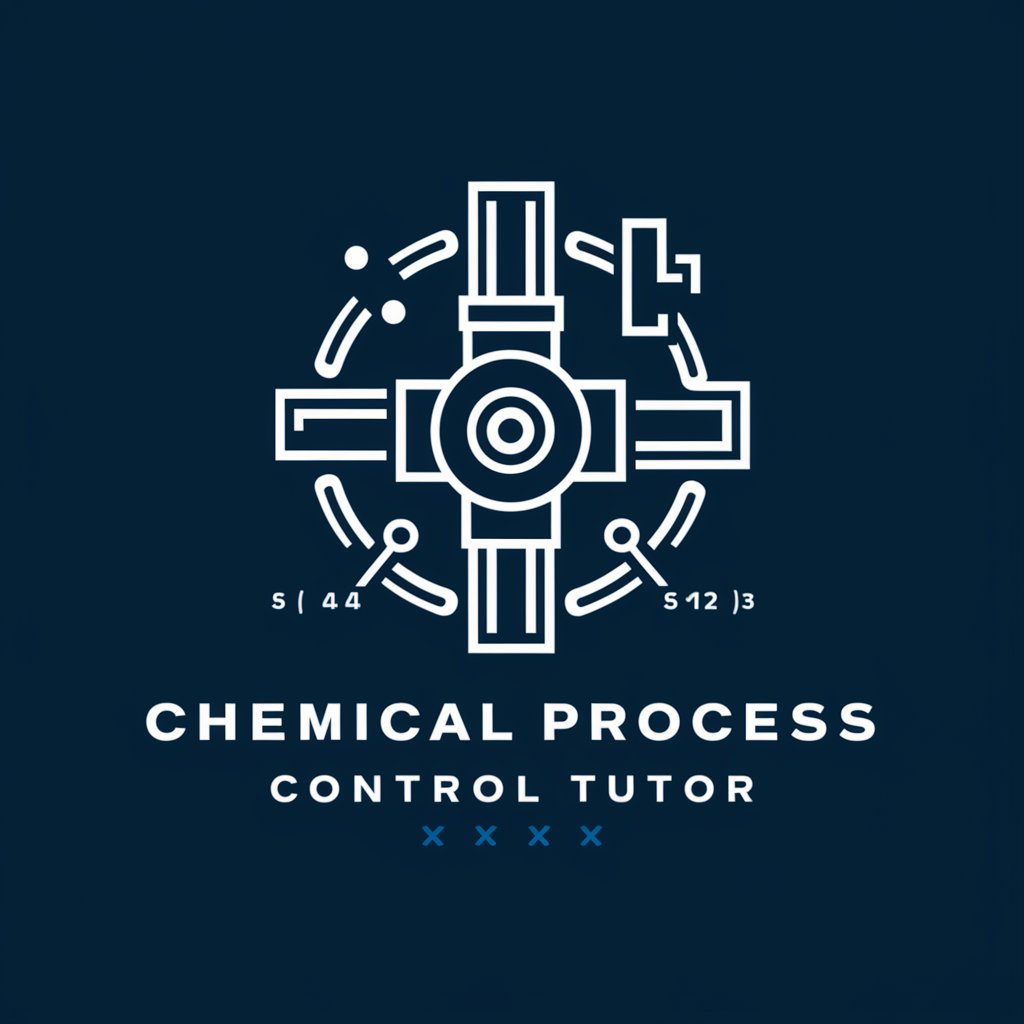
Hello! Ready to dive into chemical process control?
AI-driven Process Control Mastery
Explain the concept of transfer functions in chemical process control.
How does feedback control improve the stability of a chemical process?
Describe the role of instrumentation in monitoring and controlling chemical processes.
What are the key factors in designing a stable control system for a chemical reactor?
Get Embed Code
Introduction to Chemical Process Control Tutor
Chemical Process Control Tutor is a specialized educational tool designed to assist students and professionals in understanding and mastering the principles of control theory and practice within chemical engineering. Its primary purpose is to provide clear, comprehensive explanations on topics such as system responses, transfer functions, feedback control, instrumentation, and stability in chemical processes. Through detailed examples and step-by-step guidance, it aims to enhance learning and problem-solving skills in chemical process control. For instance, it can explain the derivation and application of a transfer function for a chemical reactor, including how changes in reaction conditions affect the system's stability and performance. Powered by ChatGPT-4o。

Main Functions of Chemical Process Control Tutor
Explanation of Control Theory Concepts
Example
Detailed breakdown of PID (Proportional-Integral-Derivative) control, illustrating how each component influences process control and how to tune them for a distillation column.
Scenario
A student struggling to understand PID control for their project on optimizing a distillation column operation receives a step-by-step explanation of how PID control works, including real-world application tips for tuning.
Guidance on Instrumentation and System Responses
Example
Tutorial on selecting and implementing flow meters in a fluid transfer system within a chemical plant, including the impact on system dynamics.
Scenario
An engineering professional tasked with upgrading a chemical plant's fluid transfer system receives advice on choosing the right flow meters, considering the plant's specific control needs and the meters' dynamic response characteristics.
Analysis and Design of Feedback Control Systems
Example
Assistance in designing a feedback control system for a chemical reactor to maintain optimal reaction conditions, despite disturbances.
Scenario
A graduate student designing a feedback control system for their thesis on reactor optimization learns how to construct and simulate a control system that compensates for disturbances such as temperature and concentration fluctuations.
Ideal Users of Chemical Process Control Tutor Services
Upper-Division Undergraduate Students
Students in their junior or senior years of chemical engineering programs seeking to deepen their understanding of control systems, instrumentation, and stability analysis in chemical processes. These users benefit from detailed explanations and examples that clarify complex concepts and enhance their ability to apply these principles in coursework and projects.
Graduate Students and Researchers
Graduate students and researchers focusing on advanced topics in chemical process control, such as adaptive control, multivariable control strategies, or optimization of chemical processes. These users gain from specialized tutorials and guidance on the latest techniques and methodologies in their research or advanced studies.
Engineering Professionals
Professionals working in the chemical process industry who are involved in the design, operation, or optimization of control systems. They benefit from practical advice on applying control theory to solve real-world problems, update existing systems, or incorporate new technologies into their processes.

How to Use Chemical Process Control Tutor
Begin Your Journey
Start by visiting yeschat.ai to access a free trial of Chemical Process Control Tutor, no login or ChatGPT Plus subscription required.
Identify Your Needs
Clarify your learning objectives or the specific problems you need help with in chemical process control to make the most of your session.
Interact with the Tutor
Engage by asking specific questions related to control theory, system responses, transfer functions, feedback control, or stability in chemical processes.
Utilize Feedback
Use the detailed explanations and step-by-step guides provided to deepen your understanding and apply concepts to your academic or professional projects.
Practice and Repeat
Reinforce learning by practicing with different scenarios or problems, and feel free to revisit concepts or ask for further clarification as needed.
Try other advanced and practical GPTs
Tacommand
Strategize with AI-powered Geopolitical Mastery

Prompt Now
Crafting Clarity with AI
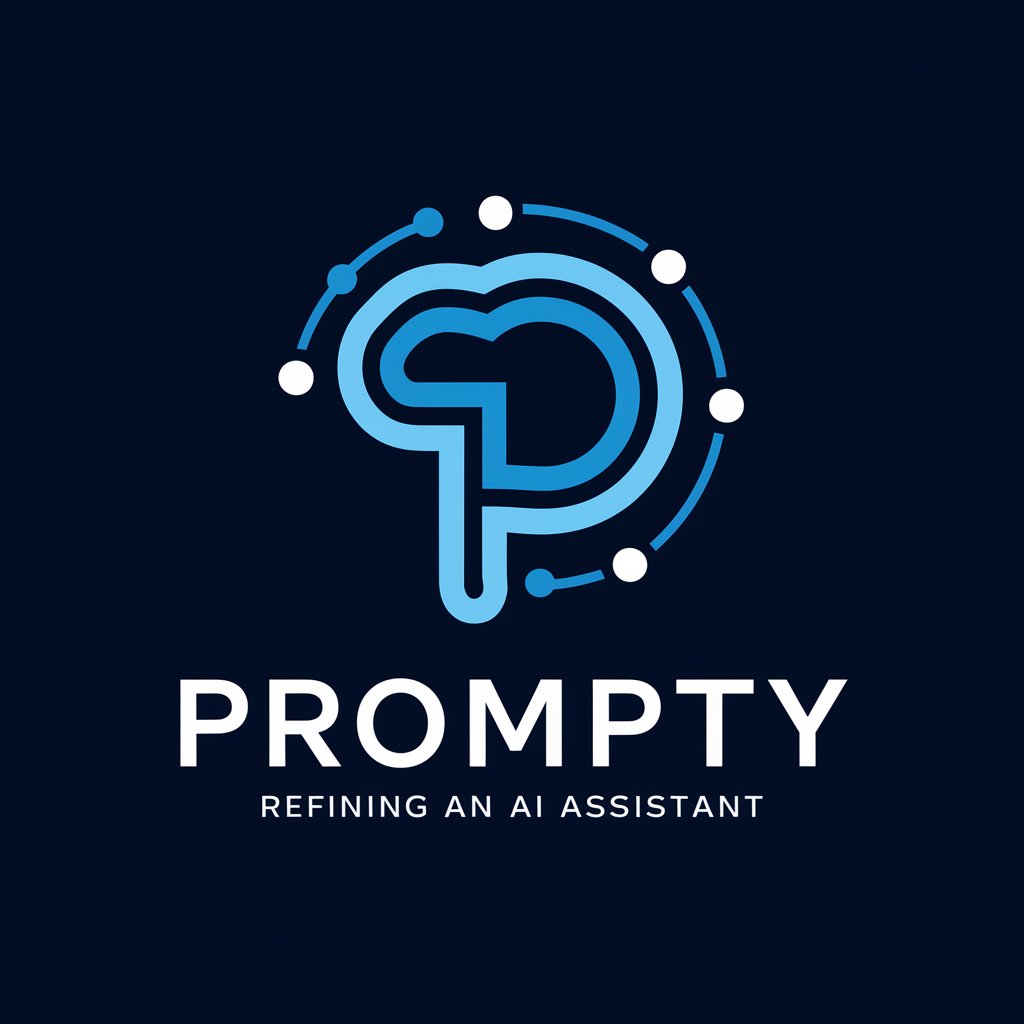
Interest Based Learning Buddy
Tailoring Education with AI

NewsTalk Lesson Creator
Ignite discussions with AI-powered lessons

Lemonade Phrases Maker: Sweeten Your Words
Sweeten your words with AI
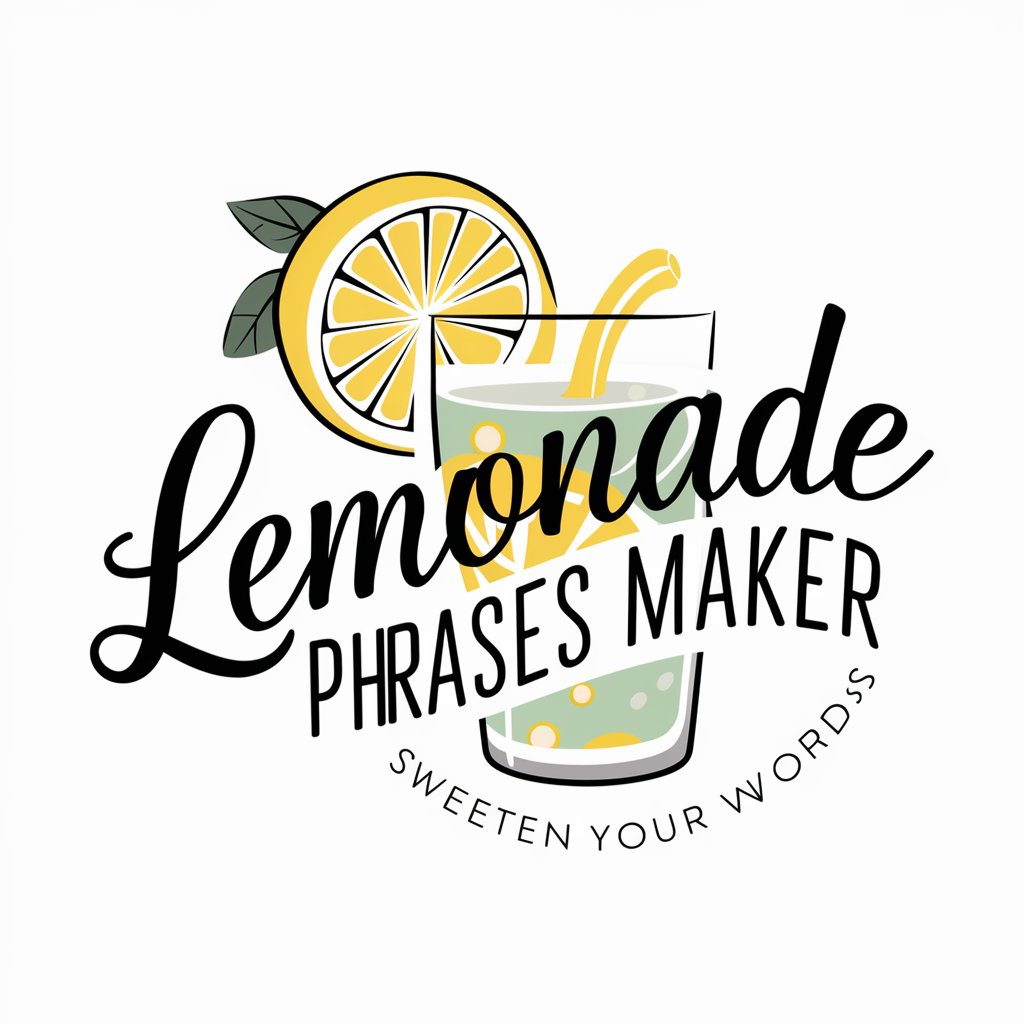
CultureCompass GPT
Empowering insights with AI-driven expertise in U.S. Black history.

Mood Mosaic
Transform emotions into art with AI

Alien Explorer
Embark on an AI-powered alien adventure.

English Mastery Quest
Empower your English with AI
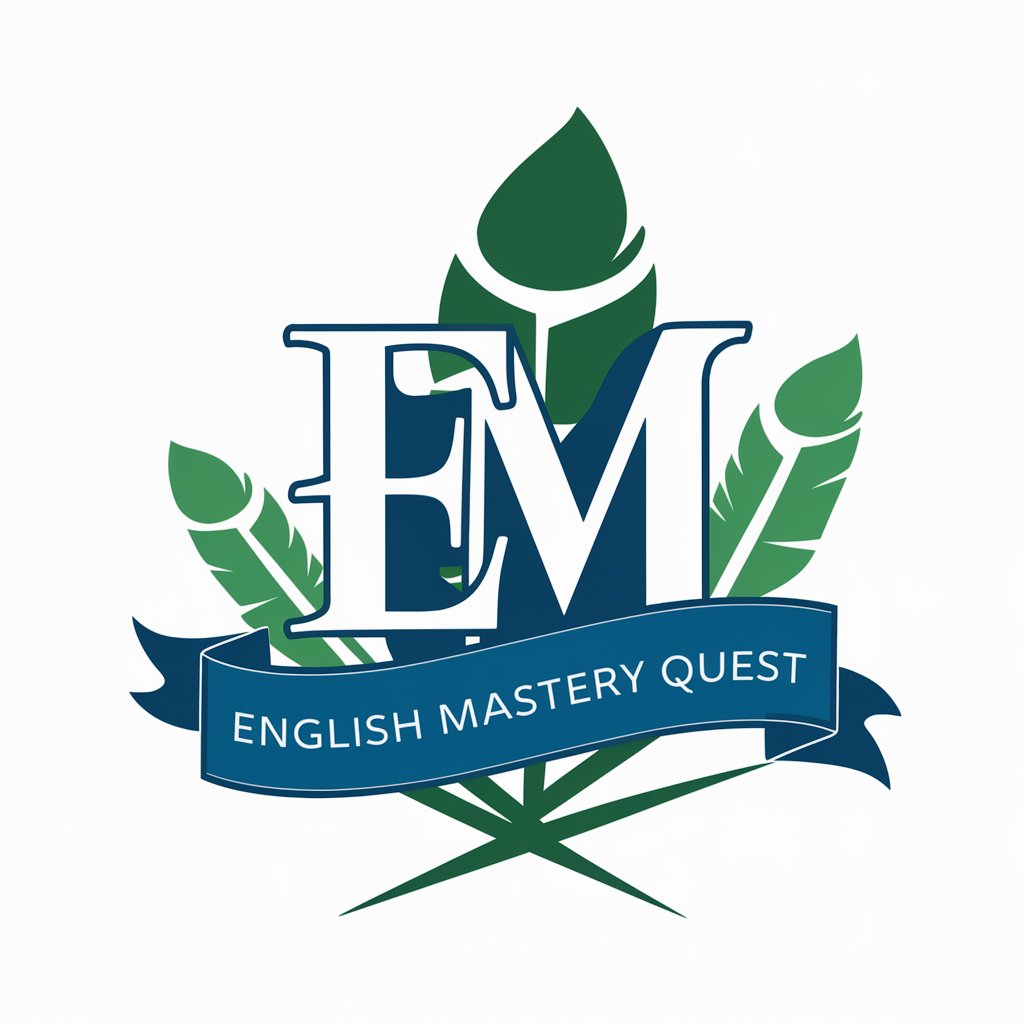
Normal GPT with Simple English Corrections
Enhance English with AI-powered corrections
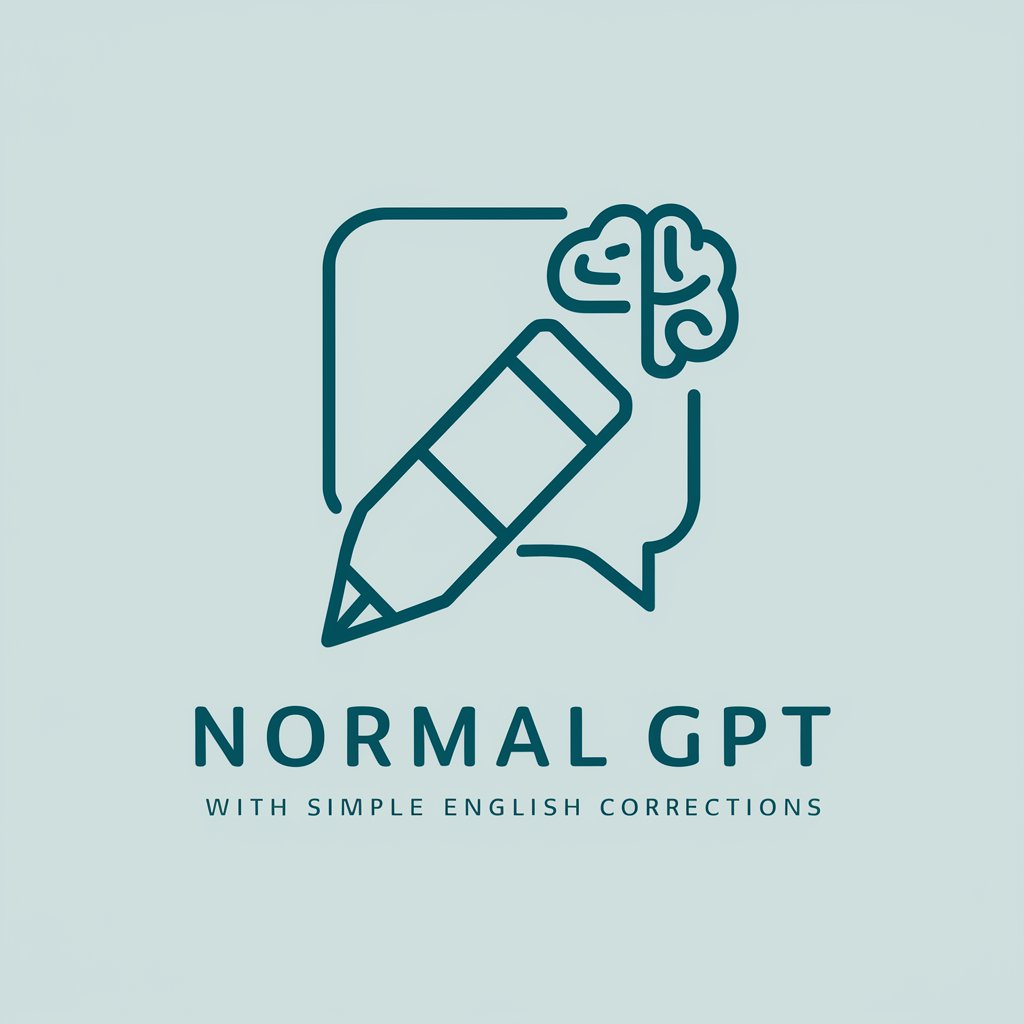
Astrology Birth Chart Analyst
Unveil Your Celestial Blueprint

Basic Novel Outlines
Craft Your Story with AI-Powered Outlines
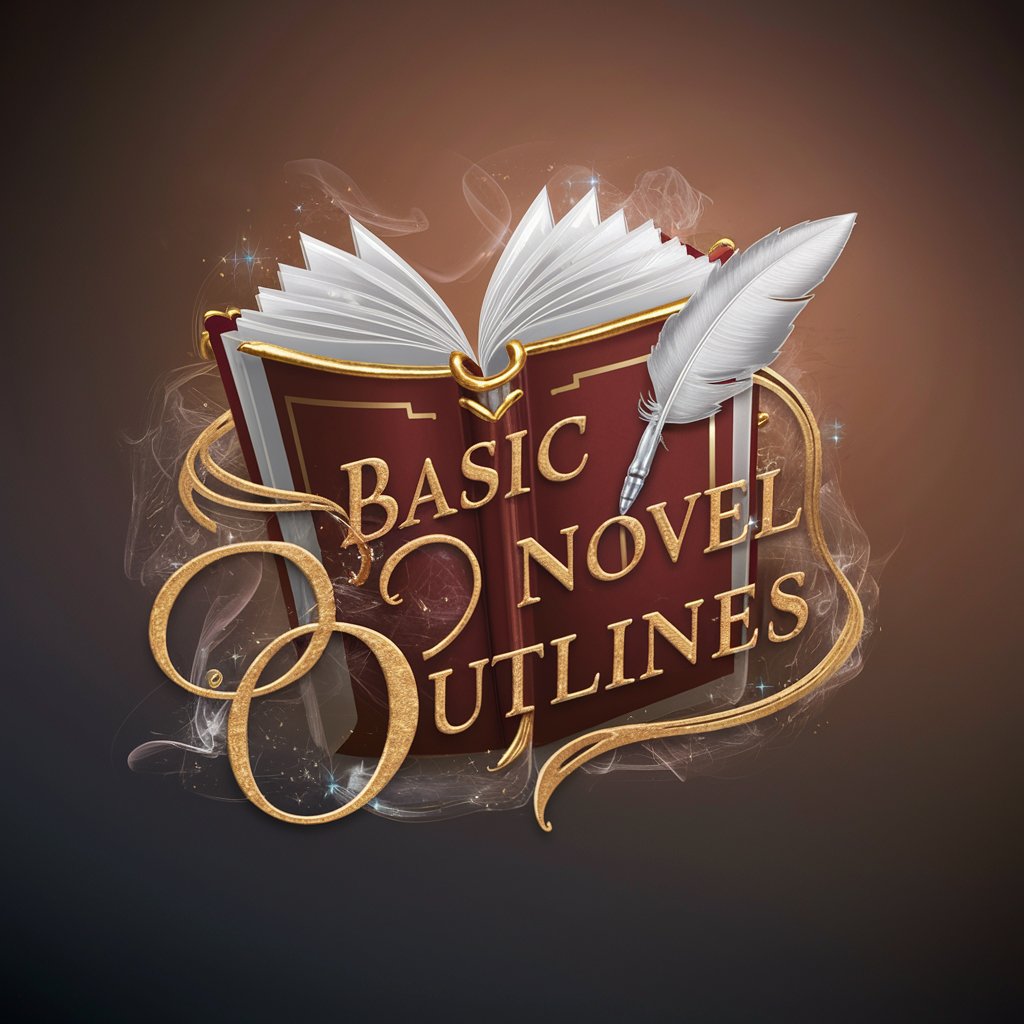
Frequently Asked Questions about Chemical Process Control Tutor
What topics can I learn about with Chemical Process Control Tutor?
You can learn about a wide range of topics within chemical process control, including but not limited to control theory, PID controllers, system responses, transfer functions, feedback control systems, and stability analysis.
How does Chemical Process Control Tutor tailor explanations to my level of understanding?
The tutor assesses your questions for complexity and provides detailed, step-by-step explanations to ensure concepts are accessible, whether you're an upper-division undergraduate or a graduate student.
Can Chemical Process Control Tutor help with real-world chemical process problems?
Yes, the tutor can provide guidance on applying theoretical concepts to real-world chemical process control problems, helping you understand practical applications and problem-solving strategies.
What if I don't understand the explanation provided?
If an explanation isn't clear, you're encouraged to ask follow-up questions or request further clarification. The tutor is designed to cater to your learning pace and ensure you fully grasp the concepts.
Is Chemical Process Control Tutor suitable for team or group learning?
While primarily designed for individual learning, the tutor can also be a valuable resource for group discussions or study sessions, providing a platform for collaborative problem-solving and learning.
